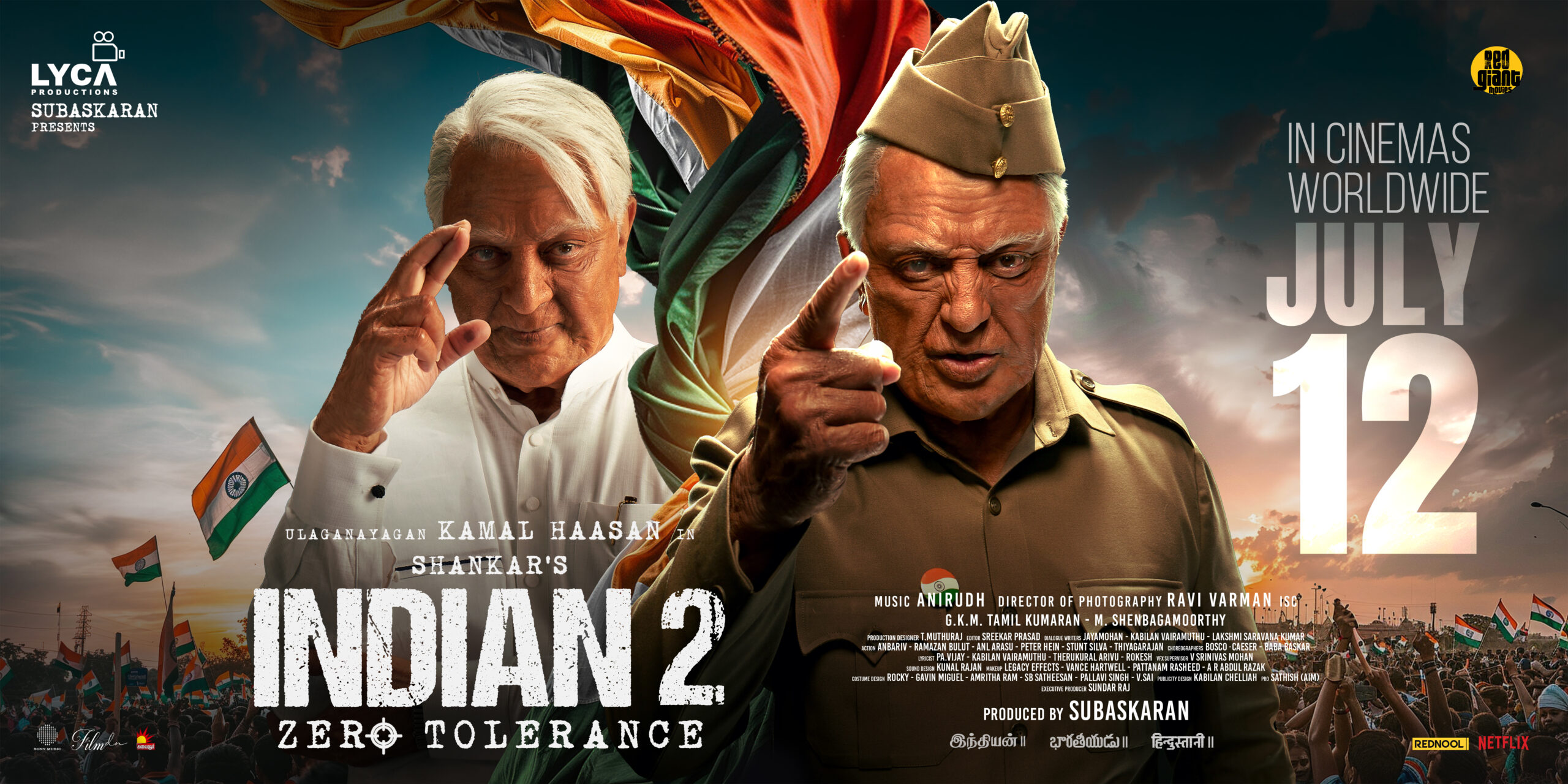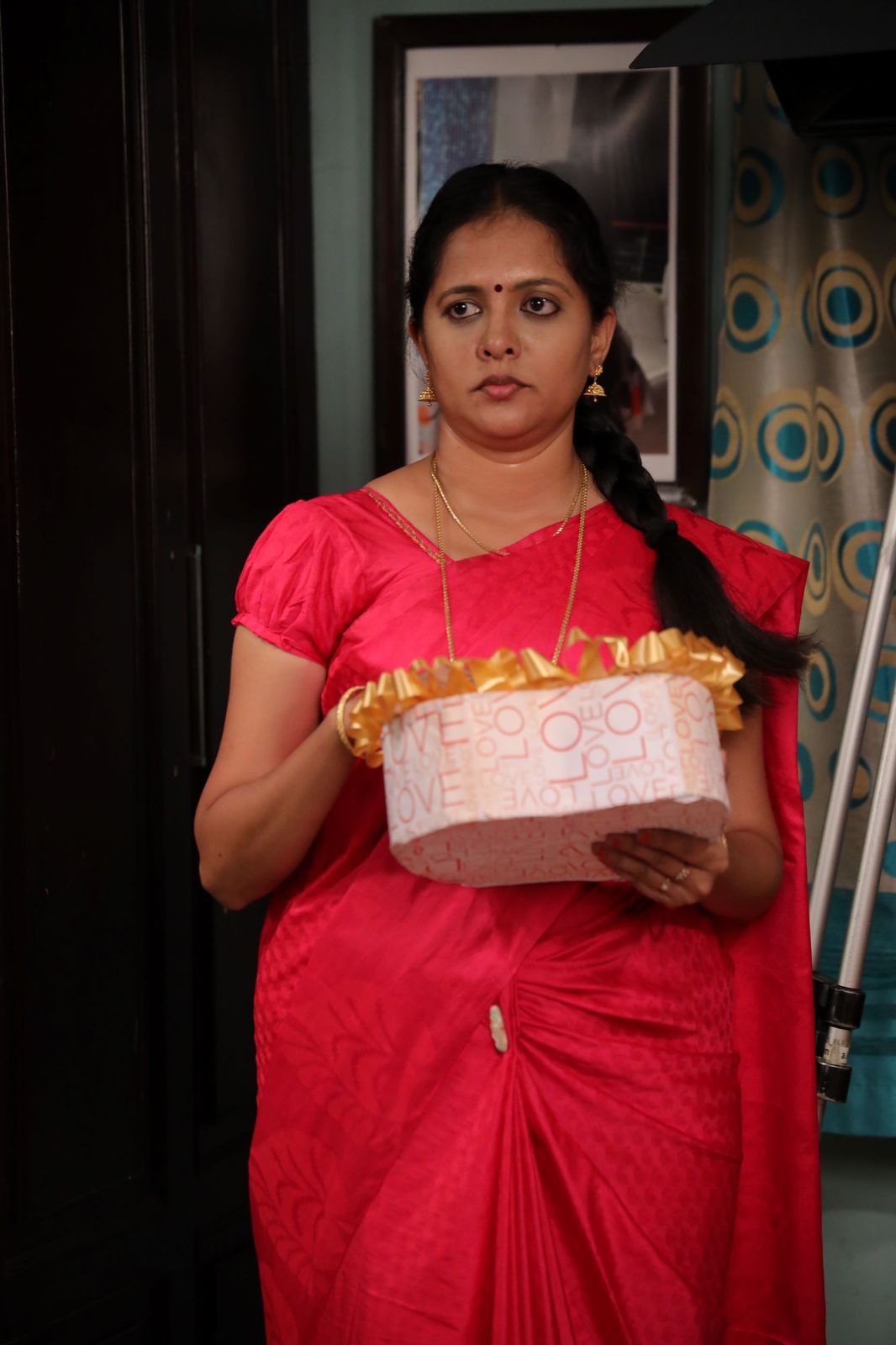Film college student Rudrayya directed the film ‘Aval Verdathan’ released in 1978. The film instilled the freedom of thinking that a woman is independent of anyone’s expectations and metaphorical design. The continuation of the same thought is the film that came out in 2023, She That Way 2.
Abu Tahir and Sneha Parthibaraja are playing the lead roles. Rajeshwari, Sumitra, Anitasree, Sudhakar, Venkatramanan, Dhanapal, Sirumi Karthika and Tolgappian also acted with them.
The film was directed by I.M. Written and directed by Chidambaram.
Cinematography by Veda Selvam. Arvind Siddharth has composed the music. Cinematography by Ahmed Kalai- T.Balasubramanian.
Produced by Abu Tahir on behalf of Yun Flicks.
This film is about the ego battle between the hero and heroine of the story.
Manju is a private school teacher. She is a person who helps others, admits mistakes, and operates with independent thinking.
Her husband Ram runs a private company. Many people work for him. They have an only school going daughter.
The protagonist is a mano bhava who sees everything as material and insensible objects.
The heroine is the one who believes that the mind, feelings, and thoughts are all connected to the internal organs. In short, she is the one who sees a human being as a pile of feelings, in direct contrast to her husband who sees a person as a body.
Her belief is that men and women are as separate in character as they are in sex.
Often the conversations that happen between them turn into criticism, debate, and conflict of opinion. However, they are living according to their nature and tendency.
One Saturday morning Manju went to work at school and did not reach home till 10 pm.
The protagonist, his mother, the accompanying aunt and the child all get nervous. The man searches outside with his friend. There is no suitable answer anywhere. The family becomes agitated. Sunday morning.
After dawn, Manju reaches home. Where did she go last night? That is the question facing the family. But the question “Where did you go last night?” When her husband asks angrily, she says, “Do you want to know where I went at night? Or do you want to know what happened?”. She does not just give a direct answer, but she does something as per her mind. What is the tension, her ego raises its head, and her mind asks what she has to say, and the conflict erupts.
Most of the story takes place inside a house, with some exterior scenes shown while searching for Manju. The director has moved the scenes so that we do not feel this while the story is happening.
The story starts with the conversation of Manju’s family without them. When Manju goes missing and searches for Manju, there are scenes that make you feel the character of Manju. Through it we can know what kind of Manju she is. The director has explained this through related scenes instead of explaining it separately.
The story is that feminism is not the opposite of men and our country’s culture says that it is wrong for the family to exert power over women to protect the interests of their children.
The story is narrated with a single line of what is the answer to a question.
The dialogues are sharp as the nature of the film’s story is the dialogue and resulting conflicts. Even the male-female discussions between the husband and wife are meaningful. The film’s many inadequacies are offset by some good dialogues.
At the same time some repetitive verses could have been omitted.
Her character is clearly revealed through Manju speaking verses. Likewise, the protagonist’s speech will make him feel that it is right from his point of view.
But at some point it gets boring as they keep on talking. What is this TV series doing today? It might have made the scenes even more interesting without knowing it.
There is nothing to complain about the performances of the actors in the film.
Sneha Parthiparaja’s appearance, body language and facial expressions of Manju who plays the heroine of the story go without saying that Manju is like this.
Abu Tahir, who comes as Manju’s husband, naturally expresses the feelings of a middle-aged husband with a tight and stern face.
Rajeshwari who becomes the mother of husband Ram,
Anitha Sri as wife Manju’s mother, Sumitra as Aachi, daughter Karthika, Manju’s father director Venkataramanan have also done their roles well.
Ram’s mother and Manju’s mother before marriage
Acquaintances or relatives? Are you friends?
It is not lit. Why is it that they are close to each other after passing the sambandhi system and talking well. But it is not clarified whether the closeness between them is relatives or friends.
Manju has a good understanding with the protagonist’s aunt. She says that he is her role model.
When such a person is in the family, there is no chance of the problem to explode to such a extent that we have a question.
Cinematographer Veda Selvam has delivered a satisfying cinematography as per the producer’s budget and director’s vision.
The number of scenes where Manju steps inside the house could have been reduced.
Music composer Arvind Siddharth has composed the music for this film which has no songs to suit the nature of the story and without any background noise. Especially the harmonies of the violin that he reveals add tension to the scenes.
It is understood that the film was shot with the sole aim of being economical.
If they had tried to make the scenes as interesting as the dialogues, this film would have become an important film that told a normal story based on feminism, and a significant film that spoke about women’s rights and nature.


